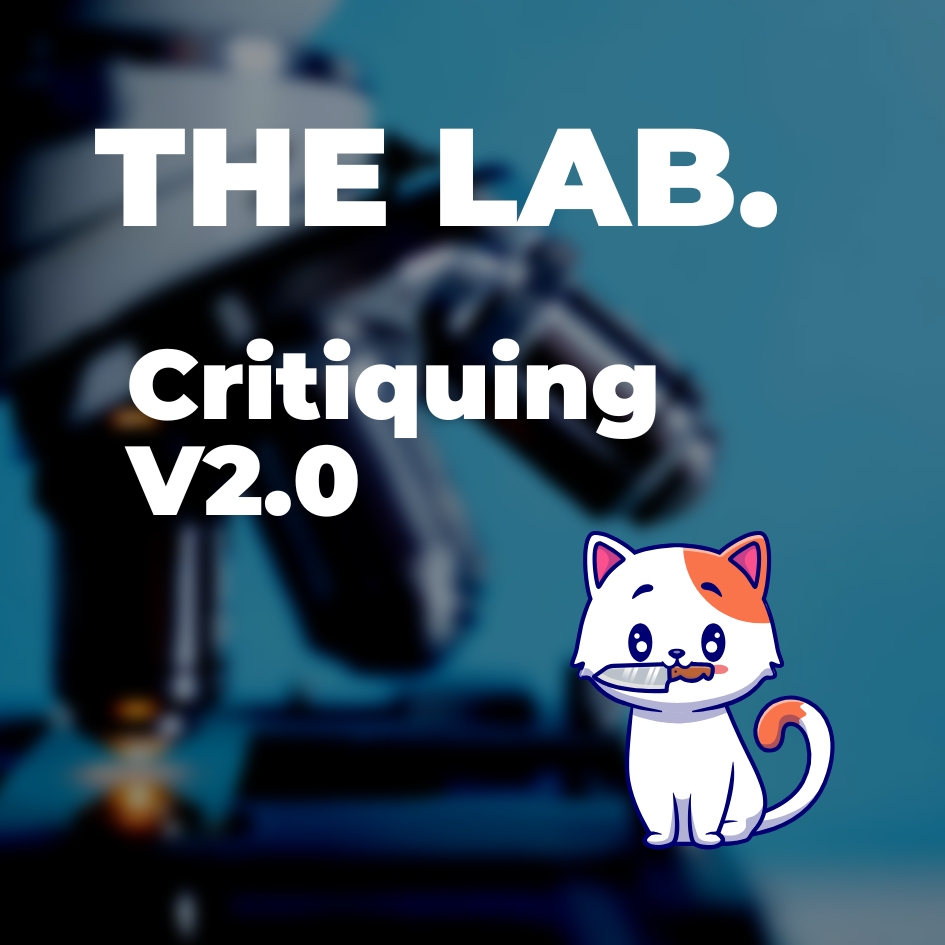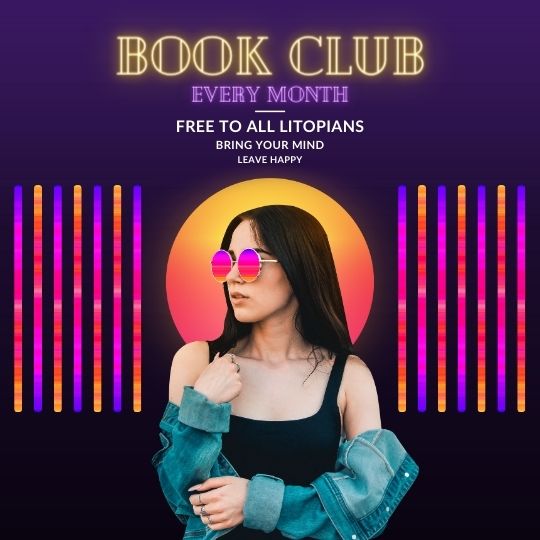BBC News - When this eBook store closes, your books disappear too.
@Paul Whybrow, this made me think of your recent discussion, and rather adds fuel to the pro-paper-book fire!
@Paul Whybrow, this made me think of your recent discussion, and rather adds fuel to the pro-paper-book fire!



